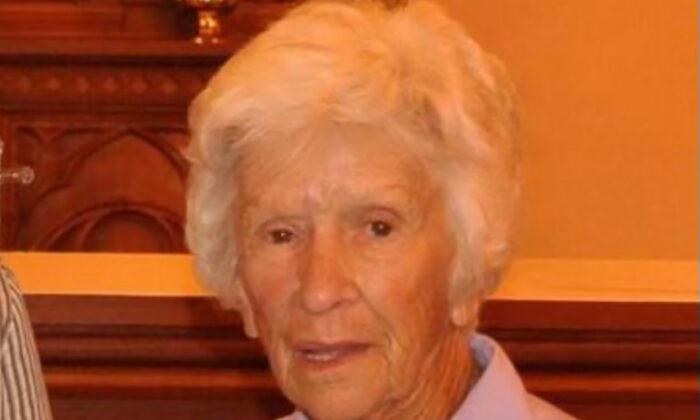There has been a massive increase in Australian children under 12 seeking help from a children’s mental health app and experts say the full impact of the coronavirus epidemic won’t be understood for some time.
Smiling Mind, a mental health service for students, has recorded a spike in people accessing its free mobile phone app during COVID-19.
The app, used by more than six million people, has seen a 350 per cent increase from children under 12 and 150 per cent from parents.
“I don’t think we’ve fully seen the impact of the pandemic on mental health generally, and particularly children, yet,” Addie Wootten, CEO of the not-for-profit and clinical psychologist of 14 years, told AAP.
“What we’re particularly concerned about is the traumatic impact of the uncertainty and changes we saw as a result of the pandemic last year.
“Kids are particularly susceptible to trauma because they haven’t formed their strong coping mechanism or sense of identity, like adults have.
“There is a risk we'll face a higher rate of mental health challenges in coming years.”
The Kids Helpline website saw an increase in teenagers viewing information about sexting (up 55 per cent) and cyberbullying (up 39 per cent) during the pandemic.
Page views for the topic ‘all about respect’ also reached their highest levels since the website’s creation, with a 60 per cent spike from kids aged 13 to 18 that coincided with COVID-19 lockdowns.
Wootten says it is crucial kids are supported at an early age and taught how they can look after their mental health. “We know that mental health challenges are much easier to treat if we get in early,” she said.
“From a positive point of view, there has been a big change in awareness and interest in understanding the mental health of children.”
One in seven primary school children has a mental illness, she said.
Smiling Mind will this year roll out its program to 600 additional regional and rural schools on the back of $2.5 million in federal funding.
A survey undertaken in December by after school care provider Camp Australia found eight in ten parents reported their kids felt disconnected from friends and family due to the pandemic.
“There was a big drop in wellbeing from a loss of connection with friendship groups and family and decreased participation in physical activities,” Camp Australia chief operating officer Brett Comer said.
“Children have shown incredible resilience throughout last year, as the research also showed, however screen time habits will be hard to break.
“The challenge this year will be supporting children transition into the new COVID-normal world.”
Wootten says there are practical measures parents can take, including forming a routine for their kids.
The federal government will this year publish a National Children’s Mental Health and Wellbeing Strategy.
“We certainly need to more investment in mental health and at the preventative end of the spectrum so that were reduce the burden on the health care sector,” Wootten said.





